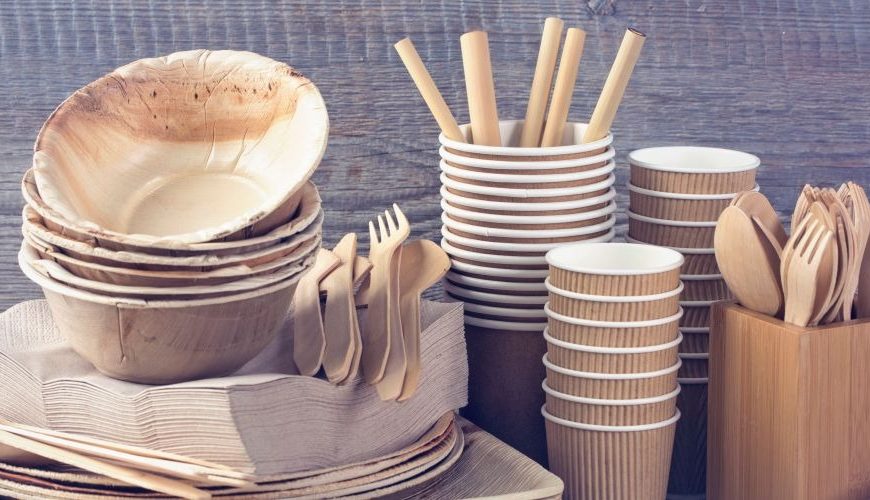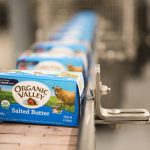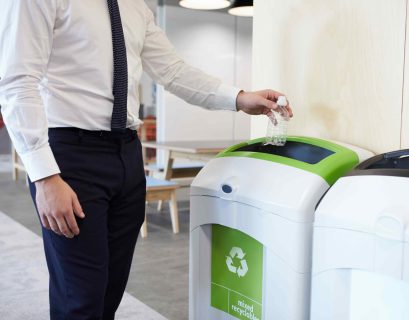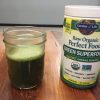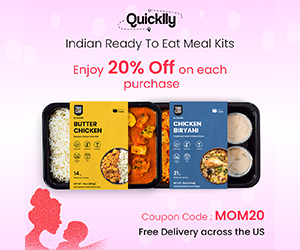As our planet faces the growing crisis of plastic pollution, individuals and businesses alike are seeking alternatives to reduce their reliance on single-use plastics. These disposable items, such as bags, straws, and packaging, contribute significantly to environmental degradation, filling landfills and oceans with non-biodegradable waste. Fortunately, a wave of sustainable alternatives is emerging, offering viable options to minimize our impact on the planet. In this article, we will explore various sustainable alternatives for single-use plastics that individuals and businesses can adopt.
1. Reusable Bags: One of the most straightforward and effective alternatives to plastic bags is the use of reusable bags. Durable and often made from eco-friendly materials like cotton, jute, or recycled fabric, these bags can be used for groceries, shopping, and other everyday needs. Many retailers now offer reusable bag options, and investing in a few can significantly reduce your plastic footprint.
2. Stainless Steel or Glass Straws: Single-use plastic straws are a major contributor to marine pollution. Switching to reusable straws made from stainless steel, glass, or even bamboo can help combat this issue. These alternatives are not only durable but also provide a stylish and sustainable way to enjoy your favorite beverages without harming the environment.
3. Biodegradable and Compostable Cutlery: Traditional plastic cutlery has become synonymous with convenience, but it comes at an environmental cost. Opt for biodegradable or compostable alternatives made from materials like cornstarch or bamboo. These options decompose naturally, reducing the burden on landfills.
4. Beeswax Wraps: Replace plastic wrap with beeswax wraps for food storage. These wraps are made from cotton infused with beeswax, tree resin, and jojoba oil, providing a reusable and eco-friendly way to keep your food fresh. They are washable and can be used for an extended period, reducing the need for disposable plastic wrap.
5. Stainless Steel or Glass Containers: Instead of relying on single-use plastic containers for food storage or takeout, consider using stainless steel or glass containers. These options are durable, long-lasting, and can be easily cleaned and reused, eliminating the need for disposable plastic containers.
6. Water Bottles: Single-use plastic water bottles contribute significantly to environmental pollution. Invest in a reusable water bottle made from stainless steel, glass, or BPA-free plastic. Carrying a reusable bottle helps reduce the demand for disposable plastic bottles and encourages the use of tap water or filtered water.
7. Plant-Based Plastics (Bioplastics): While not a perfect solution, some companies are exploring the use of bioplastics made from renewable resources like cornstarch or sugarcane. These plant-based plastics have the potential to break down more easily than traditional plastics, but proper disposal methods are crucial for them to be truly sustainable.
8. Edible Cutlery: Innovations in sustainable alternatives include edible cutlery made from materials like sorghum or rice. These edible utensils offer a unique and eco-friendly solution to the plastic cutlery dilemma, as they can be consumed after use or naturally decompose.
9. Packaging Alternatives: Businesses are increasingly adopting sustainable packaging alternatives to reduce their environmental impact. Materials like recycled paper, cardboard, and biodegradable plastics are being used as alternatives to traditional single-use plastic packaging.
10. Choose Bulk: Reduce packaging waste by opting for products in bulk. Many grocery stores offer bulk sections where you can bring your own containers to fill with items like grains, nuts, and spices, minimizing the need for individually packaged products.
In conclusion, the transition away from single-use plastics is a collective responsibility that requires both individual and societal commitment. By incorporating these sustainable alternatives into our daily lives, we can contribute to a healthier planet and inspire positive change. From reusable bags to edible cutlery, the options are diverse, proving that making environmentally conscious choices is not only feasible but also essential for the well-being of our planet. Embracing these changes may require a shift in habits, but the long-term benefits for the environment make it a worthy endeavor.
